Opportunities intertwine with challenges
According to the General Statistics Office, in 2024, the total registered foreign investment (FDI) capital in Vietnam (including newly registered capital, adjusted capital and capital contribution to buy shares) reached 38.2 billion USD, down 3% compared to the previous year. Contrary to the general situation, capital flow into the real estate business sector increased by more than 35%, reaching 6.3 billion USD, maintaining the second position after the processing and manufacturing industry.
However, the risk of a global trade war is imminent. In a recent Government meeting, Prime Minister Pham Minh Chinh requested that a response scenario be developed for the possibility of a trade war this year.
Experts say that if a trade war breaks out, the real estate industry will face both challenges and opportunities, but the most obvious is that investment capital flows will be affected. Foreign investors may stop investing or move to other safer markets.
Speaking to Dan Tri newspaper reporter, Dr. Dinh The Hien - economic expert - said that if a global trade war occurs, Vietnam will have many opportunities to develop, but there will also be challenges to face.
In the short term, risks may affect countries with large economic openness such as Vietnam. Specifically, cheap Chinese goods that are difficult to export to the US will flood into countries like Vietnam and cause devaluation. Domestic consumption production will face difficulties, directly affecting the real estate market.
In addition, supply chain disruptions can also cause inflation, forcing banks to raise interest rates higher, negatively affecting the real estate market.
In the medium term, Vietnam will have many opportunities. When the trade war takes place, businesses and corporations will accelerate the process of moving factories from China to neighboring countries, including Vietnam. From there, Vietnam will welcome abundant FDI capital to develop factories and workshops. This good foundation will support the real estate market in areas with many driving forces and synchronous infrastructure connections.
Sharing the same view, Ms. Trang Bui - General Director of Cushman & Wakefield Vietnam - said that the Vietnamese real estate industry is facing both opportunities and challenges in the context of a possible global trade war.
FDI inflows may increase as businesses look for new locations to set up factories and production facilities, and Vietnam is an attractive destination. As a result, industrial real estate is promoted to develop with the demand for land and factory rental in industrial parks increasing sharply, especially in areas near seaports, airports, and logistics centers.
According to Ms. Trang, one of the indirect but important impacts of the trade war on real estate is the strong fluctuations in the prices of construction materials. Due to instability in the global supply chain, the prices of steel, cement, bricks and other materials all tend to increase.
As a result, construction costs for real estate projects have increased significantly, putting pressure on housing prices. Construction costs in Vietnam have increased by about 10-15% in recent years, forcing investors to adjust their pricing strategies or delay the implementation of new projects.
Responding to Dan Tri newspaper reporters, Mr. Vo Hong Thang - Deputy General Director of DKRA Group - said that Vietnam is at an important crossroads in the face of major global changes. The real estate industry is considered one of the key sectors, both directly affected by international economic changes and playing a role as a driving force for future economic growth.
In terms of opportunities, Vietnam has the potential to become an attractive destination for FDI capital flows thanks to the wave of supply chain shifts from countries affected by the trade war, especially from China to the Southeast Asian region.
From there, strong development prospects for industrial real estate are opened up to meet the increasing demand for production and export. In addition, the entry of foreign enterprises also promotes the demand for housing, offices and real estate services, contributing to creating momentum for market development.
However, Mr. Thang said that Vietnam also faces many challenges. First of all, the risk from fluctuations in interest rates, exchange rates and raw material costs due to the impact of the global supply chain can put pressure on real estate businesses.
In addition, increasingly fierce competition from regional countries such as Thailand, Indonesia and Malaysia requires Vietnam to significantly improve its investment environment and upgrade its infrastructure to maintain its attractiveness. Furthermore, economic protection policies from major powers may reduce export demand, indirectly negatively affecting the development of the domestic real estate market.
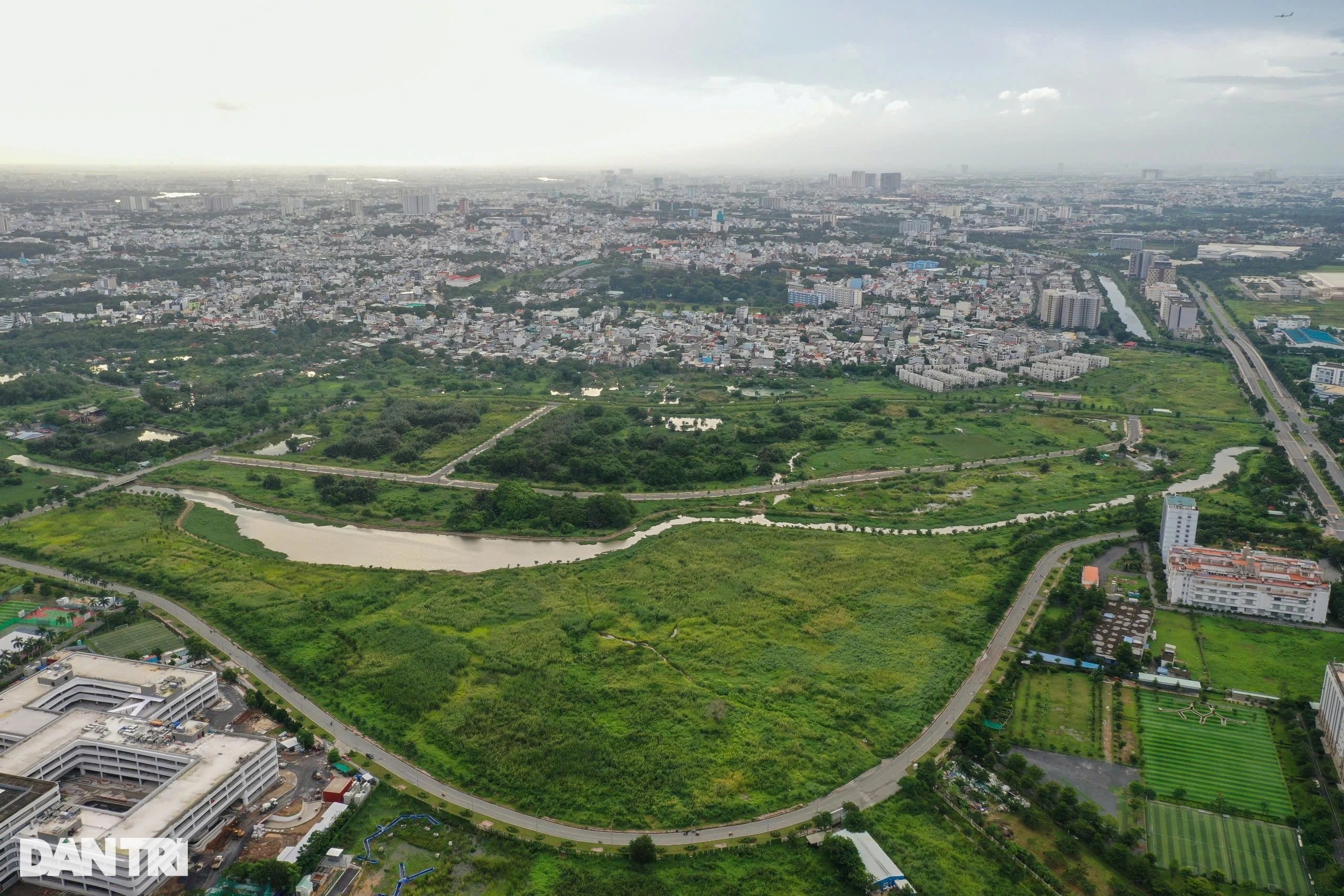
The real estate industry is facing both opportunities and challenges in the context of a possible global trade war (Photo: Trinh Nguyen).
Bright spot of industrial real estate
According to CBRE Vietnam, the industrial real estate sector continued to be a bright spot in the overall real estate market last year.
Many large global manufacturing corporations such as Samsung, LG, Foxconn, Hyosung and Nestlé have announced plans to expand and deploy many projects in different areas in Vietnam. Their strong commitment to expanding production is demonstrated by the record level of FDI disbursement, reaching 25 billion USD.
In contrast, due to limited industrial land supply in key markets, absorption in the southern region reached only 265 hectares, down 52% compared to the previous year. Large transactions were mainly concentrated in Ba Ria - Vung Tau and Long An.
CBRE Vietnam believes that in the next 3 years, industrial land rental prices are expected to increase by 4-8% per year in the North and 3-7% per year in the South. New industrial parks will be concentrated in potential markets such as Hai Phong, Vinh Phuc (North) and Binh Duong, Dong Nai, Long An (South). Central provinces such as Thanh Hoa, Nghe An, Ha Tinh and Quang Nam are also expected to develop new industrial parks, thanks to the participation of professional investors.
In the context of the uncertain world economy, with the possibility of a trade war, Dr. Dinh The Hien believes that the industrial real estate segment will benefit the most, followed by neighboring residential real estate. In addition, segments such as resort real estate and serviced apartments for foreign experts to rent will also benefit in the medium and long term.
Mr. Hien said that developing industrial park real estate is not easy, not every business can invest, but requires expertise and large capital. The characteristic of this segment is investing to collect cash flow, not simply building infrastructure and dividing land into plots for sale. An industrial park from the time of project establishment to the time of putting it into operation will take about 3 years at the fastest. Currently, the establishment of local industrial parks must go through the Ministry of Planning and Investment and be submitted to the Prime Minister for approval.
However, this year, it is expected that the draft of the Industrial Park Law will be reported to the Prime Minister to submit to the National Assembly for development into a separate law. It is expected that the authority to approve industrial parks will be transferred to localities, which will shorten the legal process in the future.
"We have the advantage of promoting infrastructure development, port systems, airports, etc. The opportunity to develop industrial park real estate in Vietnam is very clear. Industrial park real estate developers must strengthen their financial capacity, ensure systematic and professional development to compete with other countries in the region," he said.
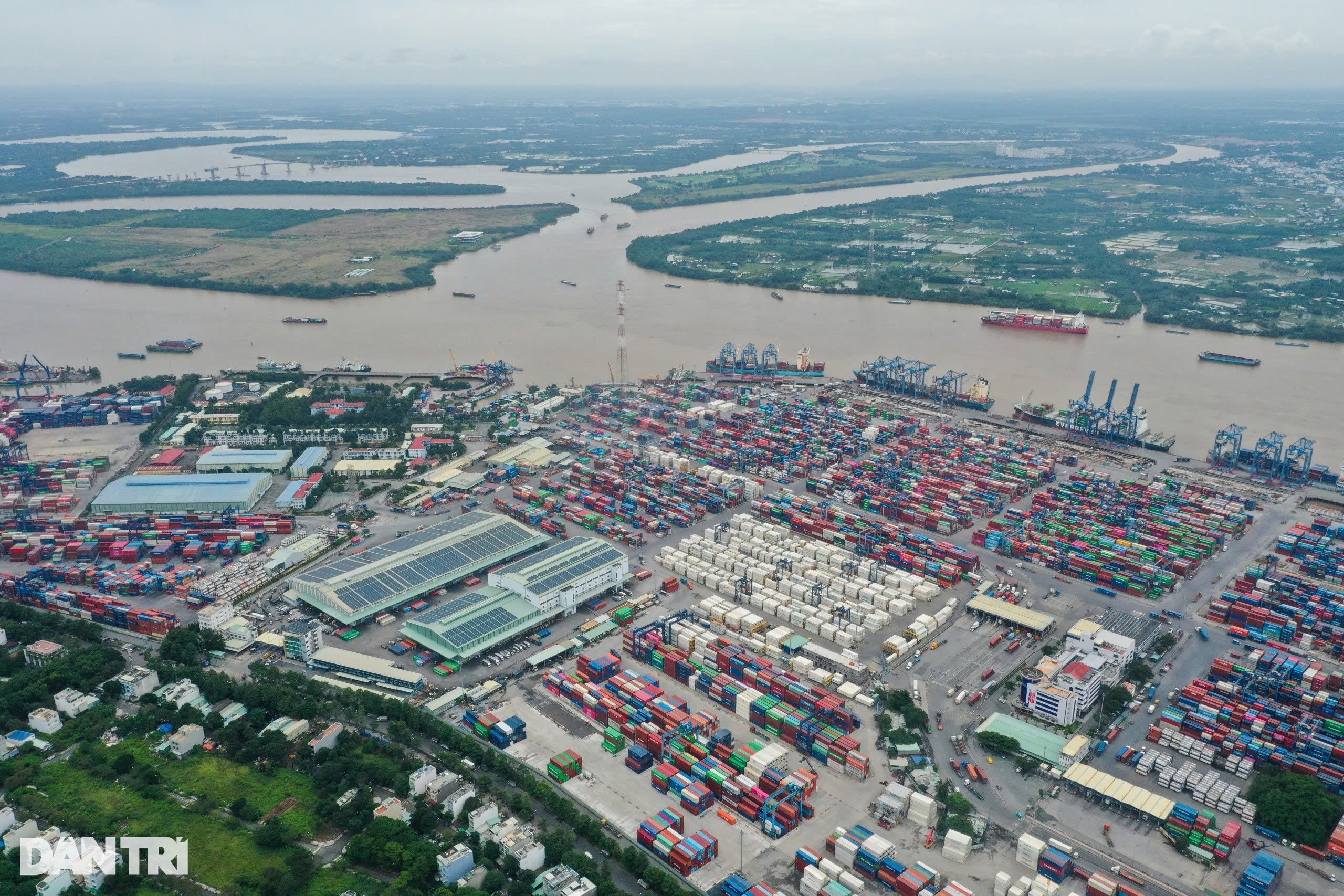
Industrial real estate is a bright spot as FDI capital is increasing (Photo: Trinh Nguyen).
Seeing industrial real estate as a bright spot, Mr. Vo Hong Thang said that the demand for industrial land lease and infrastructure development in industrial parks is increasing thanks to the FDI capital flowing into Vietnam. With advantages in geographical location, competitive labor costs and preferential policies, Vietnam is gradually asserting itself as a new production center of the region, contributing to promoting sustainable economic development.
Industrial real estate in Vietnam is facing both opportunities and challenges in the coming period, especially in the context of global economic fluctuations and shifting investment capital flows.
Regarding opportunities, according to Mr. Thang, the trend of shifting global supply chains is creating a strong investment flow into countries, in which Vietnam is becoming an attractive destination.
The free trade agreements (FTAs) that Vietnam has signed also open up tariff advantages and open markets, creating momentum for the development of industrial zones. In addition, the young population, abundant labor resources and competitive labor costs are also factors attracting foreign investors.
However, this market is also facing some challenges of increasing regional competition as other countries are also actively attracting FDI. Connecting infrastructure in some areas is not synchronized, leading to logistics congestion, causing difficulties for businesses operating in industrial parks.
Speaking to Dan Tri reporter, Ms. Trang Bui assessed that industrial real estate will develop strongly. Industrial land rental prices in Vietnam have increased by 10-15% in the period 2019-2023, especially in areas near seaports, airports and logistics centers.
The shift of production from China to Vietnam has clearly benefited industrial parks such as Binh Duong, Long An, Bac Ninh, and Hai Phong. Industrial real estate is becoming an investment "hot spot", with many foreign enterprises looking for opportunities to expand production, leading to the development of logistics services, smart warehouses, and satellite urban areas.
According to Ms. Trang, the trade war could create a big boost for Vietnam’s industrial real estate. As foreign businesses leave China, they need to look for alternative markets with reasonable costs and favorable policies. Vietnam, with its favorable geographical location, abundant labor force and attractive investment incentives, will be a bright destination.
In addition, the shift of multinational corporations also increases the demand for housing for foreign experts, creating conditions for the high-end apartment segment and commercial real estate to develop in large cities such as Hanoi, Ho Chi Minh City, Bac Ninh and Binh Duong.
However, the industrial real estate market also faces many challenges. Ms. Trang said the market may enter a period of new supply shortage due to delayed approval procedures and legal problems.
Vietnam’s competitiveness in attracting FDI is gradually weakening in the region, especially as other countries apply more favorable tax policies. Prices of construction materials such as steel, cement, and bricks may increase due to uncertainties in the global supply chain, putting pressure on construction costs and real estate prices.
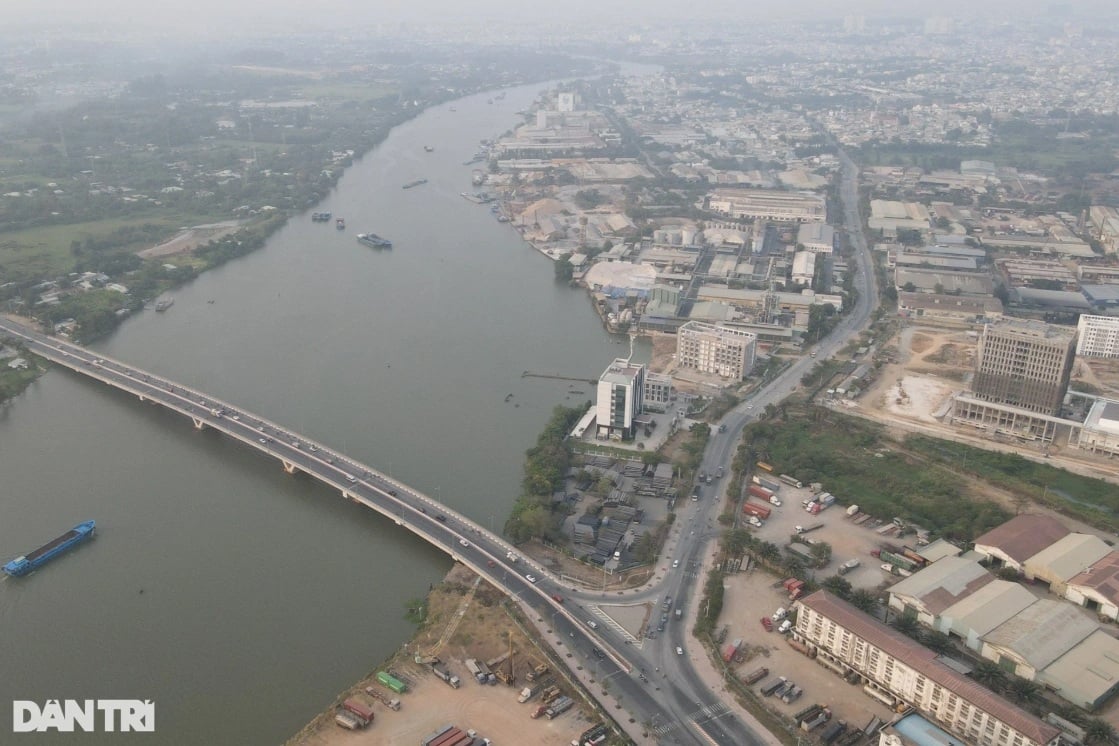
Vietnam's industrial zones need investment and upgraded transport infrastructure (Illustration photo: Phuoc Tuan).
How to make industrial real estate "take off"?
To seize opportunities and limit risks in industrial real estate, Ms. Trang Bui said that Vietnam needs to continue investing in and upgrading transport infrastructure, especially highways, seaports and airports, to facilitate the transportation of goods and attract investment. In addition, it is necessary to promote administrative procedure reform, reducing time and costs for businesses in the process of licensing and project implementation.
Another important thing is to consider applying preferential tax policies to increase competitiveness in attracting FDI capital, especially in the context of other countries applying similar measures. Seizing opportunities and overcoming challenges will require flexibility and appropriate business strategies from real estate enterprises in Vietnam.
Facing the challenges and opportunities from the trade war, Dr. Dinh The Hien said that the State needs to ensure public investment capital and continue to promote the construction of synchronous infrastructure in areas with potential to develop industrial park real estate.
In addition, the State can consider allowing investors to pay for land use in advance or pay in installments so that they are not pressured by capital. Because investing in industrial zones is not only a business issue but also a development of the general economy, creating an advantage to compete with other countries.
Mr. Vo Hong Thang stated that to seize opportunities and limit risks, Vietnam needs to focus on a number of important solutions. First, the State needs to increase investment in transport infrastructure, electricity, water and technology to support the development of industrial zones, ensuring convenient connectivity.
The Government also needs to develop a selective FDI attraction strategy, prioritizing high-tech and environmentally friendly industries to increase the value of industrial parks. In addition, the Government and businesses need to coordinate closely to simplify administrative procedures and improve the investment environment, creating favorable conditions for investors.
Source: https://dantri.com.vn/bat-dong-san/nganh-bat-dong-san-o-dau-neu-xay-ra-chien-tranh-thuong-mai-toan-cau-20250211171158389.htm








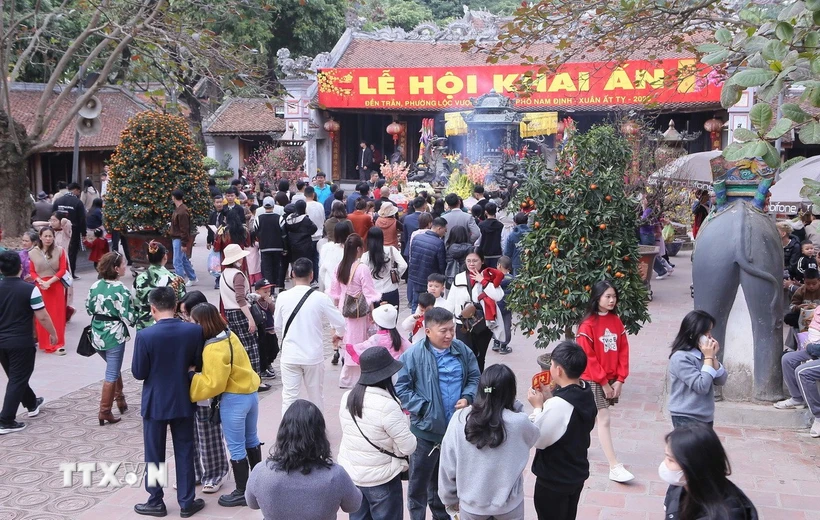






















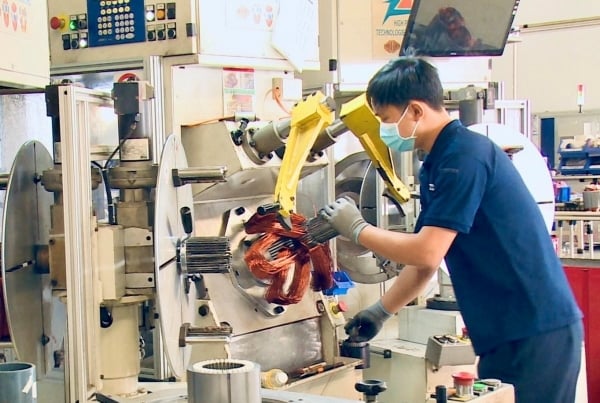

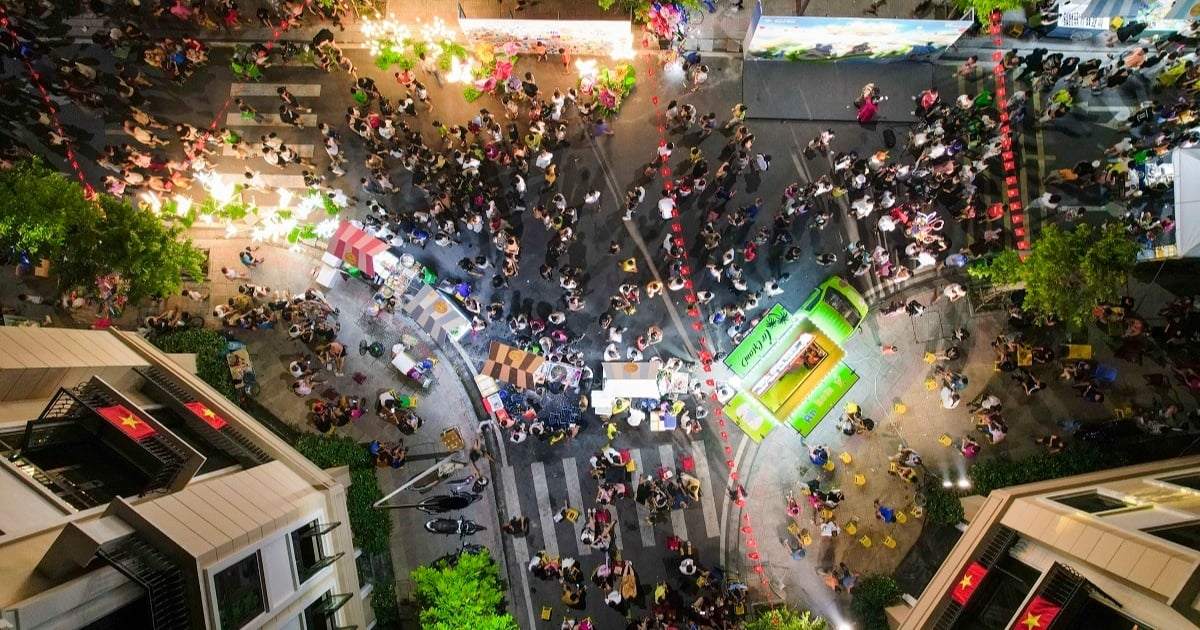
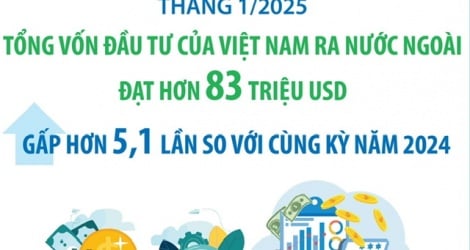

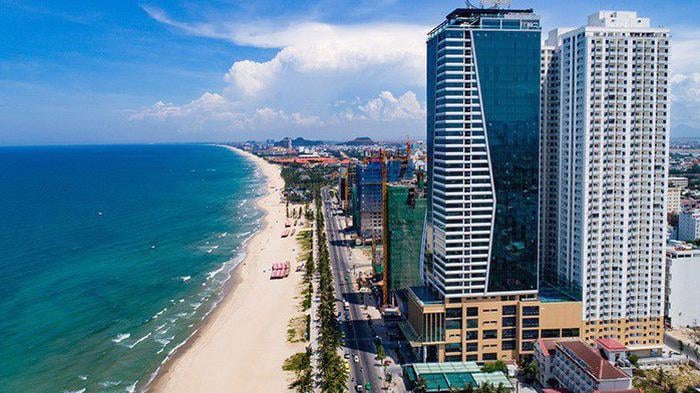

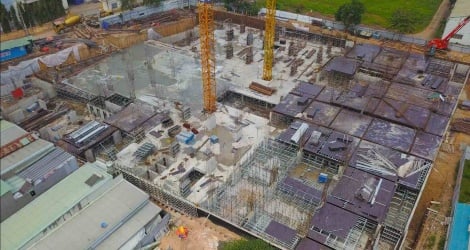
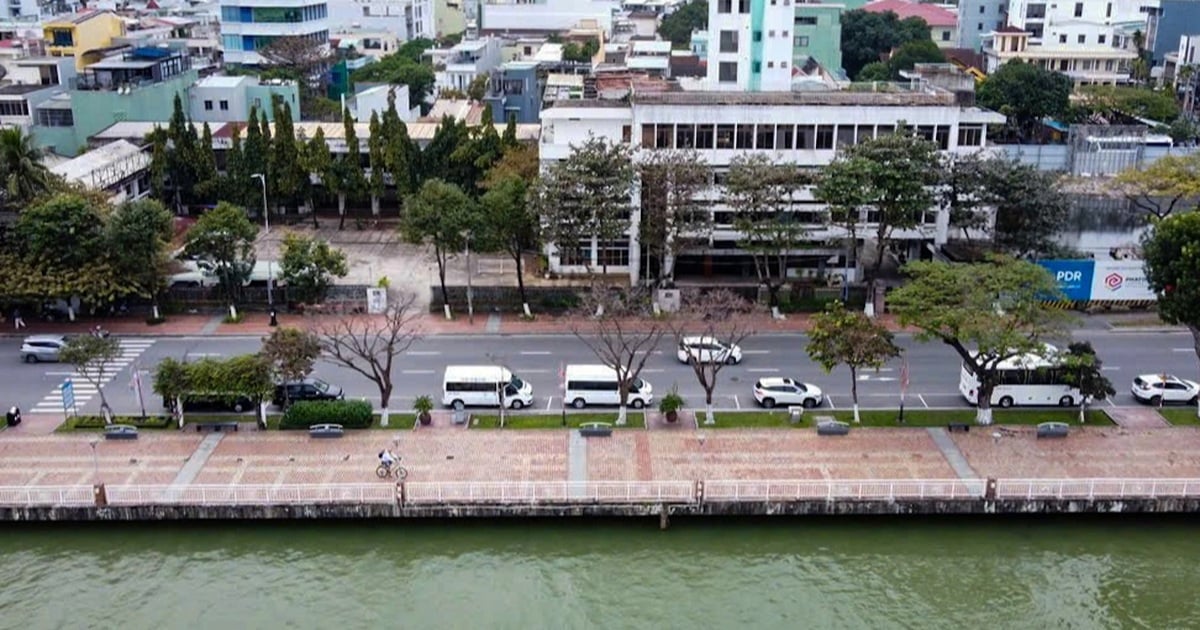
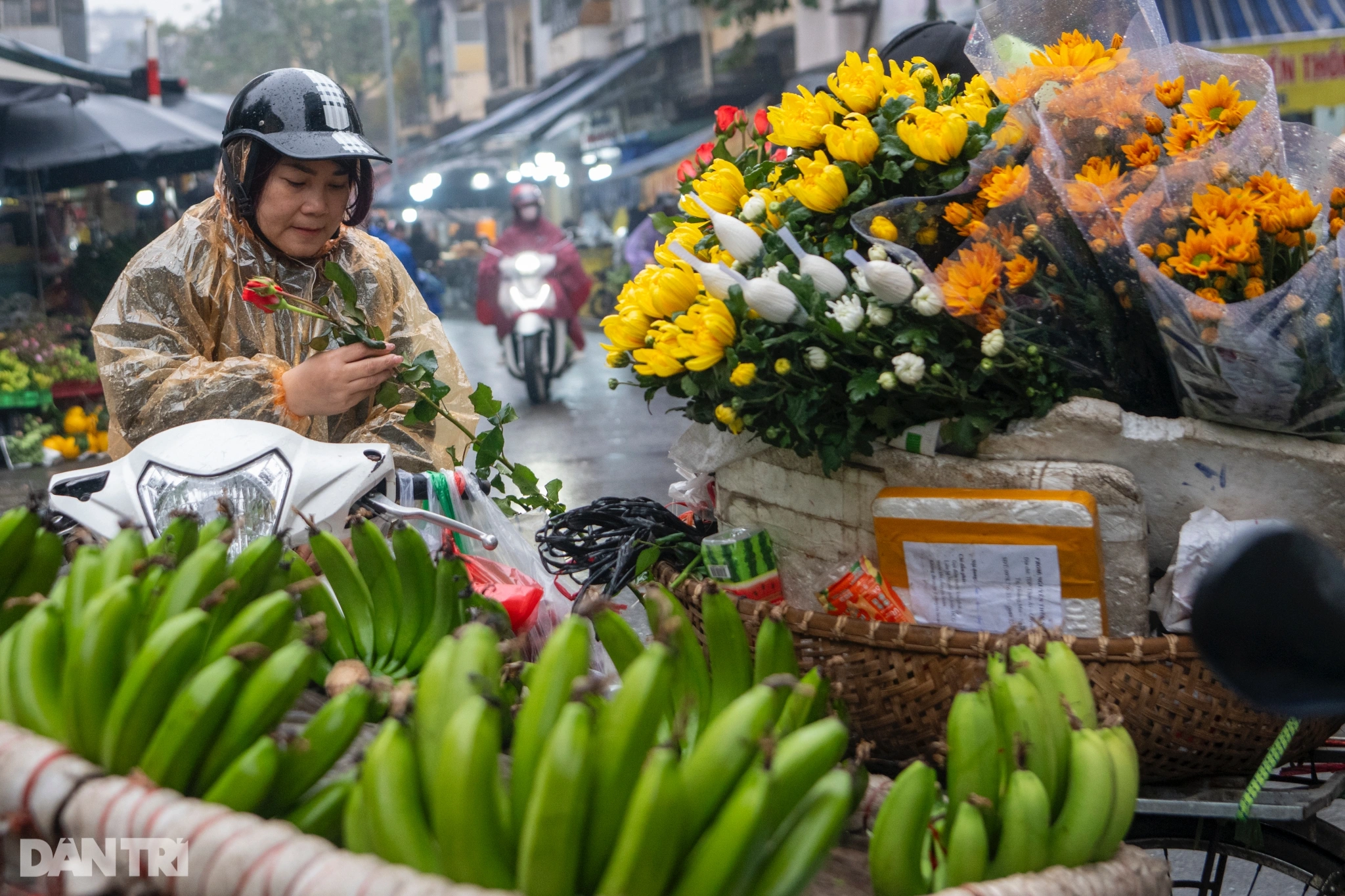

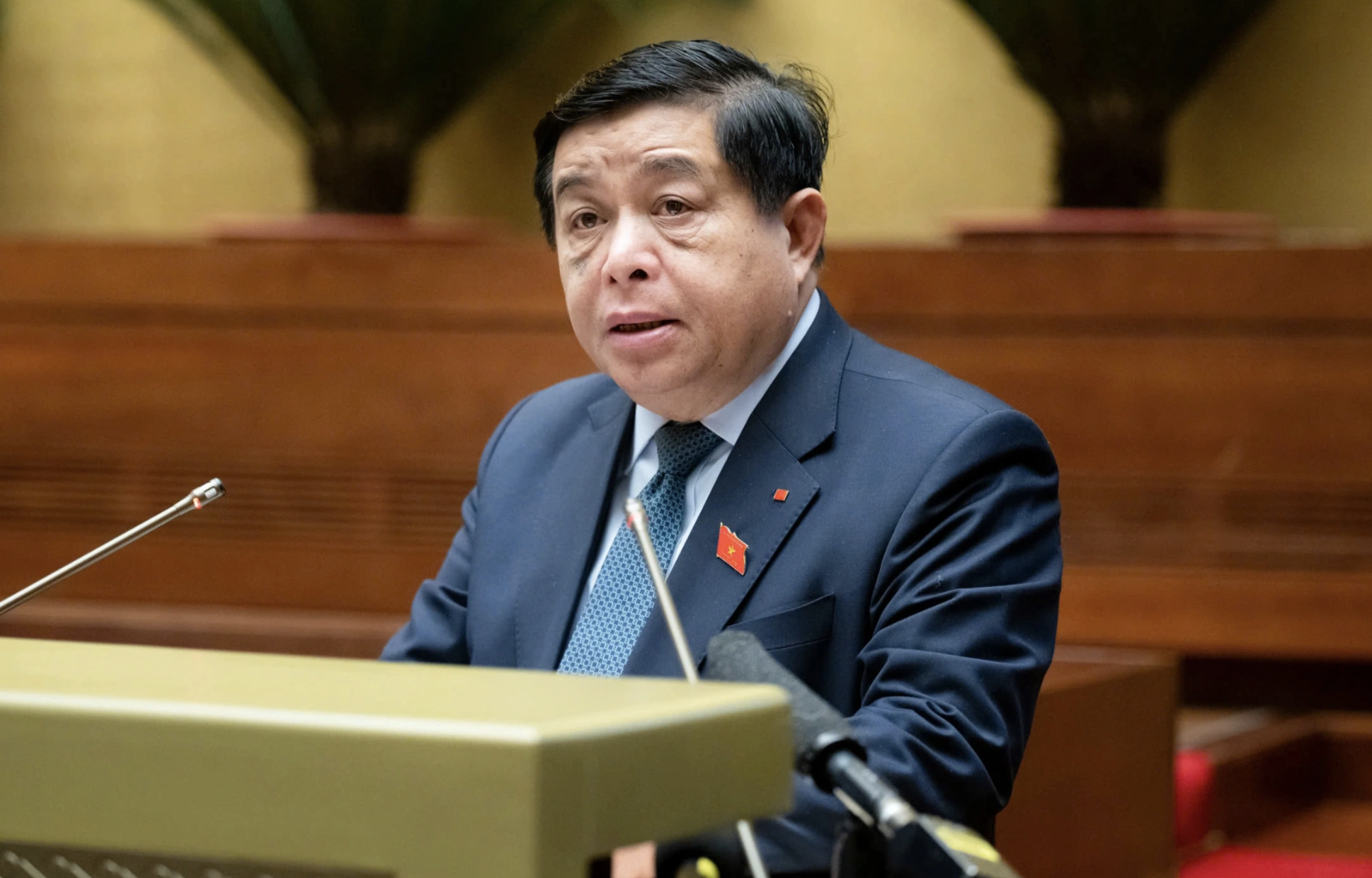


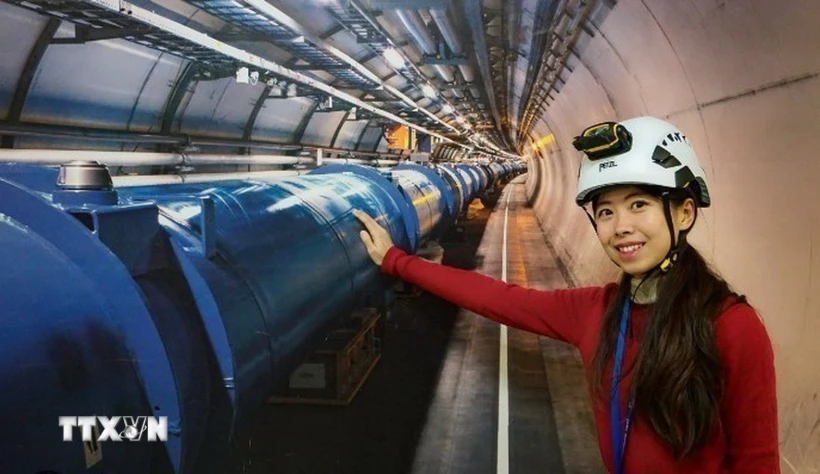





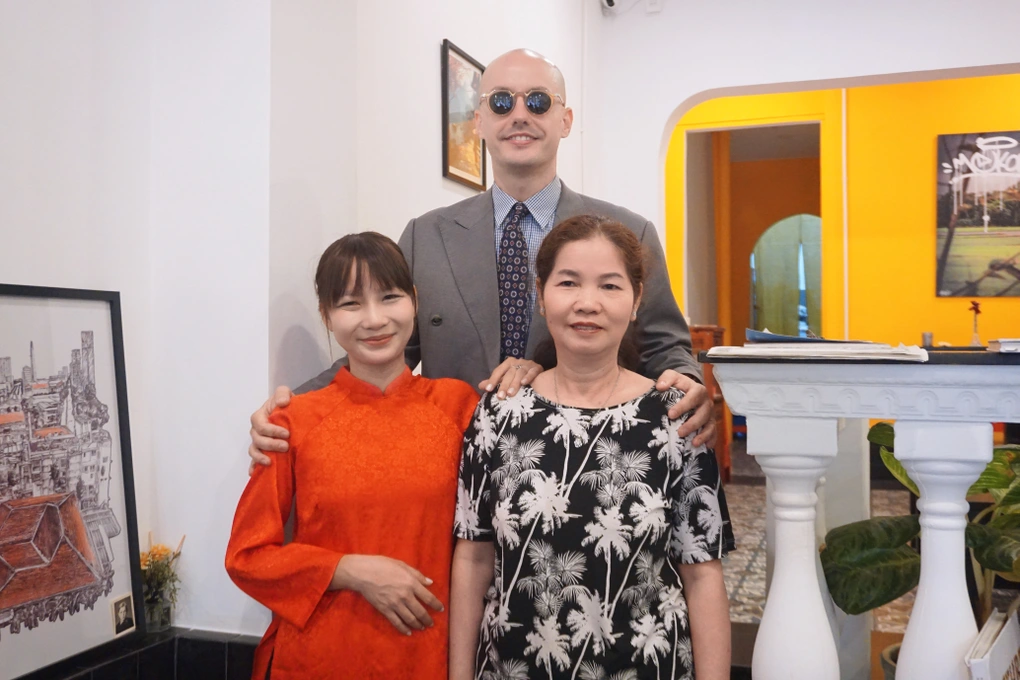







Comment (0)